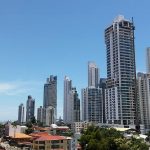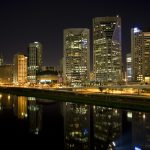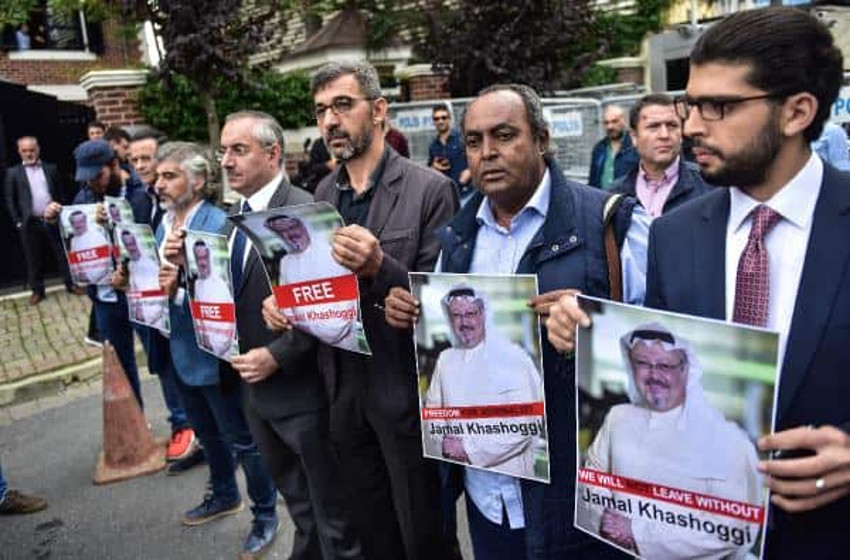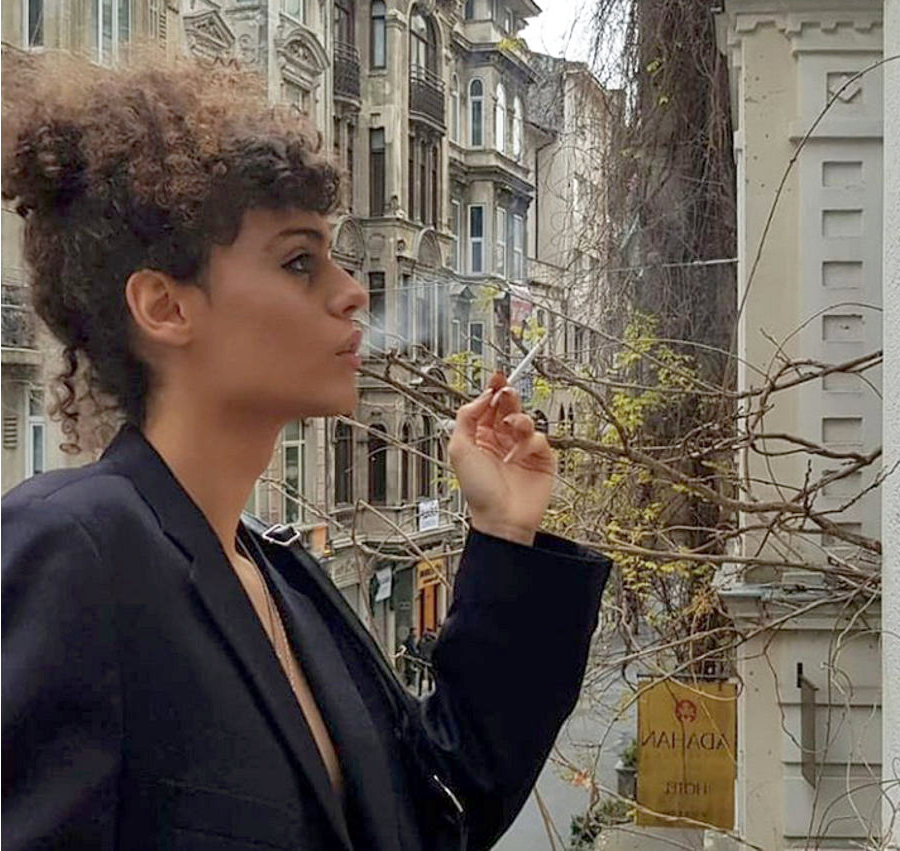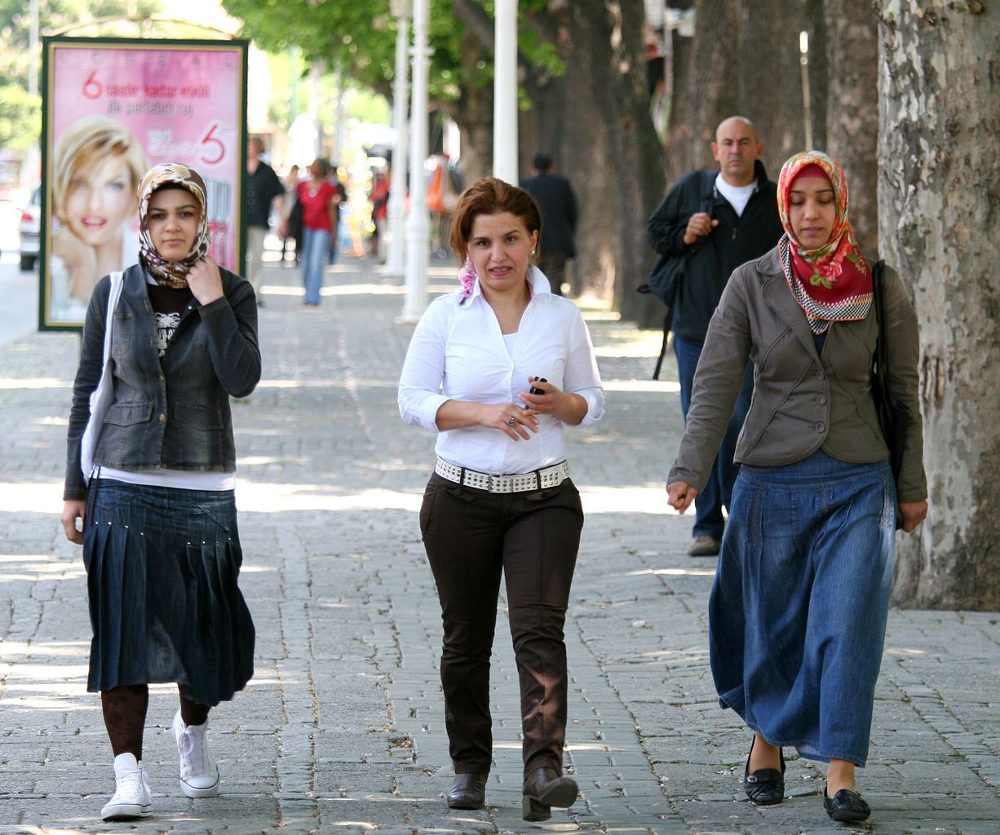ISTANBUL (ViaNews) – People close to Jamal Khashoggi, a journalist and outspoken critic of Saudi Arabia’s war on Yemen, described him as being very afraid of his country’s rulers in the months before he went missing in Turkey last week.
The Turkish authorities started an investigation to understand what happened to the Washington Post columnist, Jamal Khashoggi, who disappeared on October 2.
According to a pro-government Turkish media group, Dogan News Agency, on the day Khashoggi went missing the consulate announced a reportedly questionable diplomat meeting and told 28 Turkish consulate employees to take the day off. Two days after, they were asked to wear cameras for the purpose of monitoring them for security sake.
Other reports suggest that locks inside the consulate building were changed in the previous week.
The Saudi government has denied the initial claims made by Turkish investigators that Mr. Khashoggi was killed at the consulate.
NBC News reported that Randa Slim, director of conflict resolution at the Middle East Institute in Washington, described that when Khashoggi was in Saudi Arabia he got a call from “somebody close to Mohammed bin Salman … basically saying, ‘You cannot tweet, you cannot appear on TV, you cannot write — period.”
In the Vienna Agreement, a treaty concerning the international law on treaties between states. in its article 22 says that: “The agents of the receiving State may not enter them, except with the consent of the head of the mission and immune from search, requisition, attachment or execution.”
The consulate building in Istanbul will be under investigation with specially trained dogs as it has become a serious global issue and in the case of a murder, this agreement may be rejected by the receiving state.
President Erdogan has commented on the issue saying “We will not stop the investigation until it is resolved. This is our both diplomatic and humanitarian duty”

